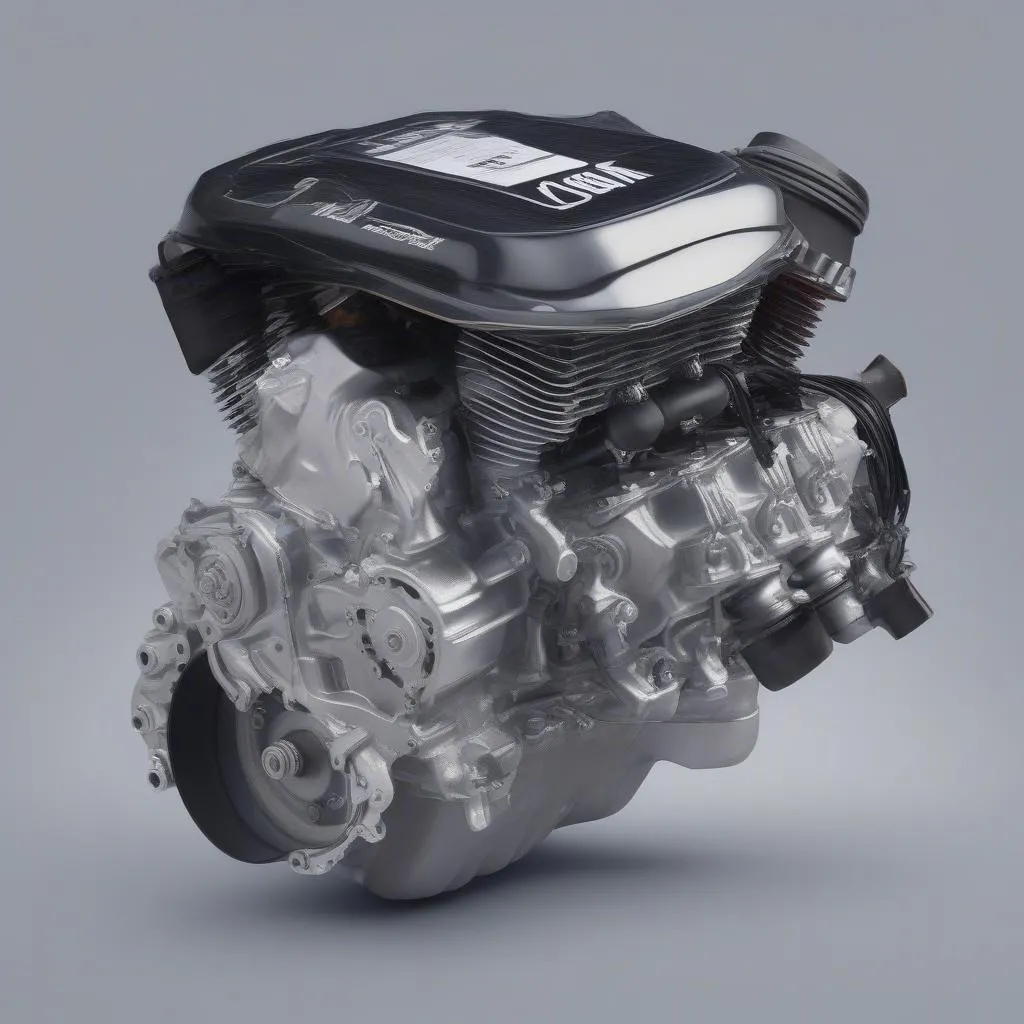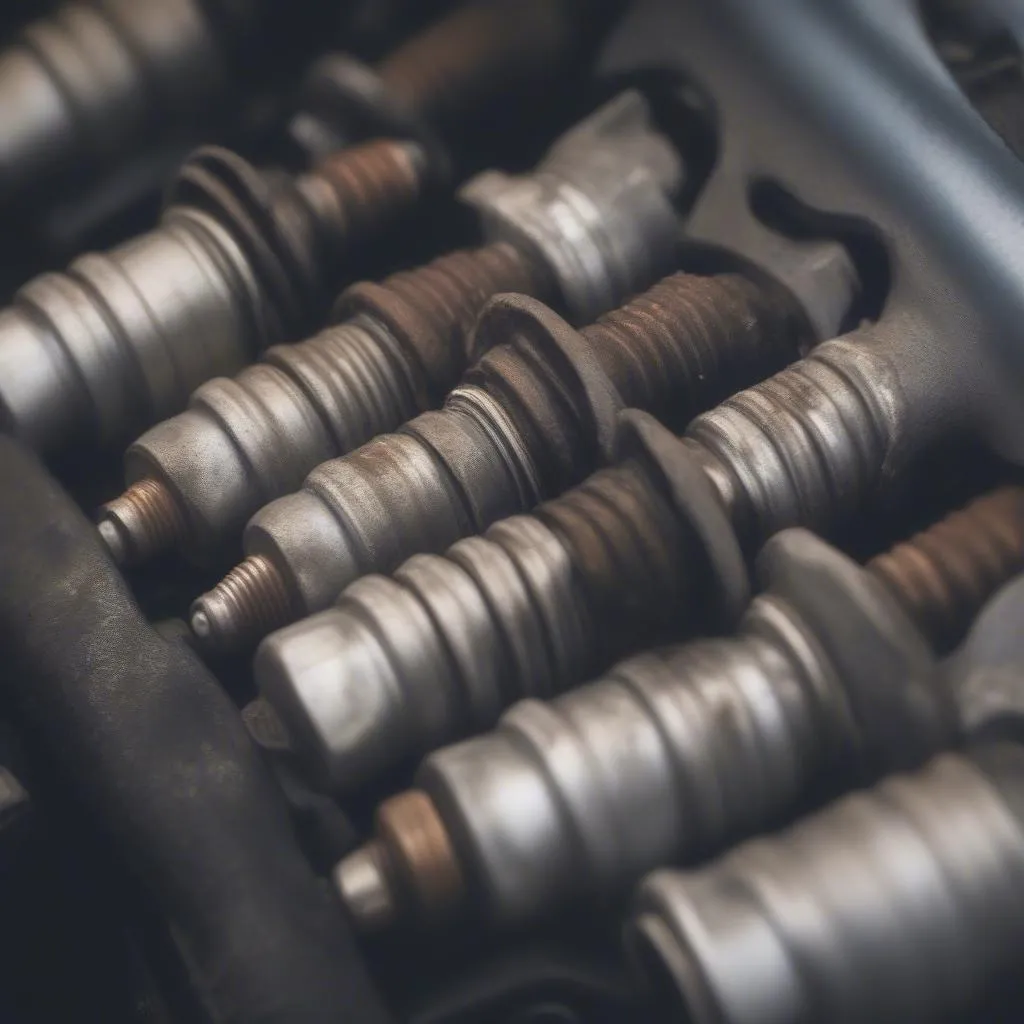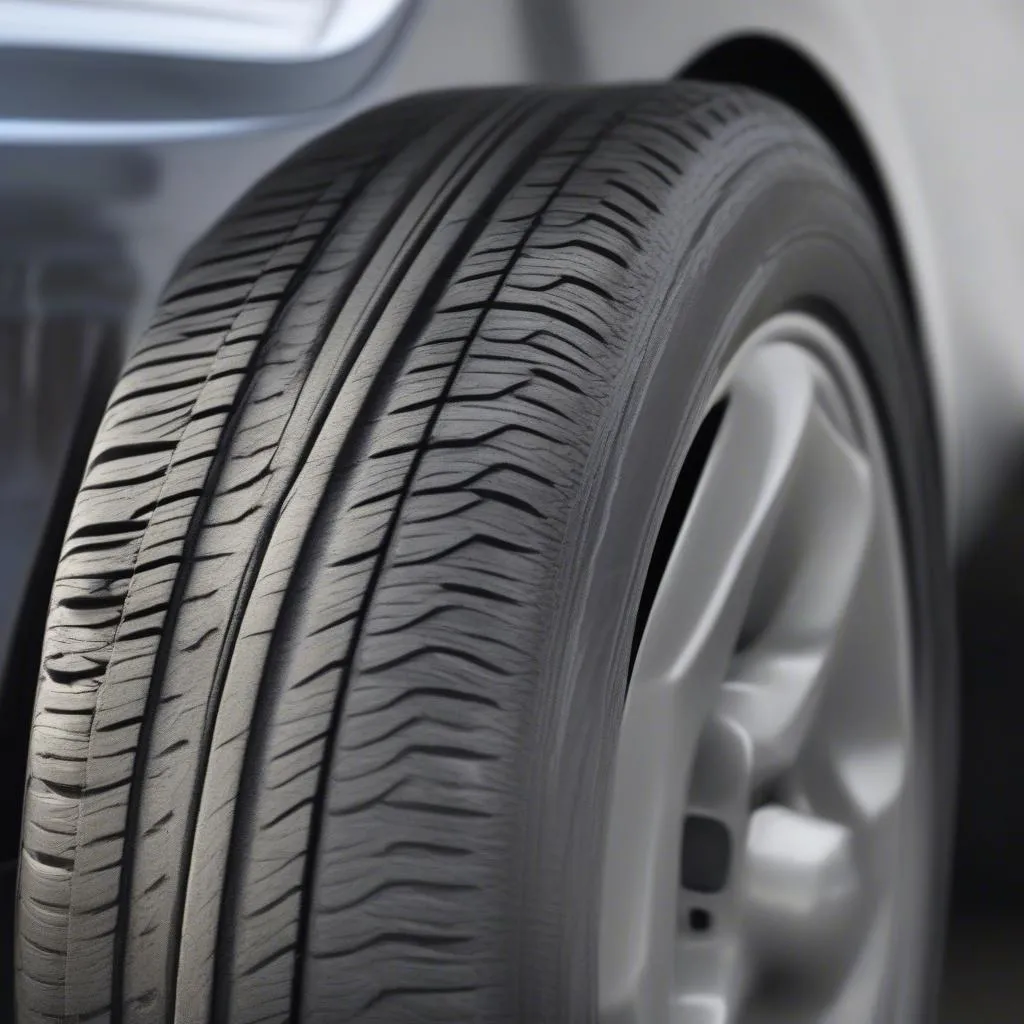Have you ever been driving down the road and suddenly felt your car shaking? It can be a scary experience, especially if you’re not sure what’s causing it. The shaking can be a subtle vibration or a violent shudder, and it can happen at various speeds.
This shaking is often a sign that something is wrong with your car’s engine, but it could also be caused by issues in other parts of the vehicle. In this article, we’ll explore the common causes of a shaking car motor, how to diagnose the problem, and the potential solutions.
Understanding the “Shaking” Phenomenon
Before diving into the specifics, let’s understand what’s really happening when your car motor shakes. In essence, it’s an imbalance or irregular motion of the engine components.
From a Mechanic’s Perspective
“A shaking car motor is like a poorly balanced washing machine, causing vibrations to ripple through the entire vehicle,” explains James Anderson, a master mechanic with over 20 years of experience. He adds, “The engine should run smoothly, with minimal vibrations. Any significant shaking could be a symptom of a bigger problem.”
From an Engineering Standpoint
From an engineering perspective, the shaking can be attributed to various factors, including:
- Uneven combustion: When the engine’s cylinders don’t fire evenly, it leads to uneven power delivery, resulting in shaking.
- Mechanical issues: Worn spark plugs, faulty ignition coils, or a damaged fuel injector can disrupt the smooth combustion process.
- Balance problems: The engine’s rotating parts (crankshaft, pistons) need to be perfectly balanced for smooth operation. If there’s a problem with balance, it can lead to shaking.
What Could Be Causing Your Motor to Shake?
Now that we’ve got a grasp of the basics, let’s look at some common reasons your car motor might be shaking:
1. Engine Misfire
This is one of the most common causes of a shaking car motor. When a cylinder doesn’t fire properly, it causes an imbalance in the engine’s power delivery. This can happen due to:
- Faulty spark plugs: Worn-out spark plugs can fail to ignite the fuel properly, leading to misfires.
- Damaged ignition coils: These coils supply the spark to the spark plugs. If they malfunction, it can cause misfires in one or more cylinders.
- Clogged fuel injectors: Fuel injectors deliver fuel to the cylinders. If they become clogged, they may not be able to deliver the correct amount of fuel, resulting in misfires.
How to Diagnose: You can often detect a misfire by listening for a rough idling sound or noticing a loss of power.
Solution: Replacing faulty spark plugs, ignition coils, or cleaning/replacing fuel injectors can usually fix an engine misfire.
2. Worn Engine Mounts
Engine mounts are rubber components that isolate the engine from the rest of the vehicle. Over time, these mounts can wear out, causing the engine to move more than it should. This excessive movement can lead to vibrations and shaking.
How to Diagnose: You can often identify worn engine mounts by looking for excessive movement or vibration in the engine compartment.
Solution: Replacing worn engine mounts can usually solve the shaking problem.
3. Vacuum Leak
A vacuum leak can occur anywhere in the intake system of your engine. This can cause a loss of power, rough idling, and even a shaking sensation.
How to Diagnose: Diagnosing a vacuum leak can be tricky, but it often involves listening for unusual noises from the engine or using a smoke machine to identify the leak.
Solution: Repairing the leak by replacing hoses, seals, or other components can resolve the shaking.
4. Transmission Issues
While engine problems are most common, a transmission issue can also cause the car to shake. This is especially true if the shaking occurs during acceleration or deceleration.
How to Diagnose: A mechanic can typically diagnose transmission issues by checking the transmission fluid level and condition, as well as performing a road test.
Solution: Transmission issues can range from simple fluid changes to more complex repairs.
5. Uneven Tire Wear or Tire Pressure
Believe it or not, uneven tire wear or inconsistent tire pressure can cause vibrations that feel like your car is shaking.
How to Diagnose: Visually inspect your tires for uneven wear patterns, and check tire pressure using a tire pressure gauge.
Solution: Replace worn tires, and ensure all tires are inflated to the recommended pressure.
Common Questions
Q: My car only shakes at low speeds. What could it be?
A: Low-speed shaking is often associated with engine misfires, worn engine mounts, or vacuum leaks.
Q: My car shakes when accelerating. What’s going on?
A: Shaking during acceleration could be due to a misfire, a problem with the fuel system, or even a transmission issue.
Q: My car shakes at highway speeds. What’s the cause?
A: Highway shaking can be caused by issues with the wheels, tires, suspension, or even a misaligned wheel.
Q: How can I tell if the shaking is coming from the engine or the transmission?
A: If the shaking is more pronounced during acceleration or deceleration, it’s likely a transmission issue. If the shaking is consistent, regardless of acceleration or deceleration, it’s probably an engine problem.
Seeking Professional Help
If you’re experiencing shaking in your car, it’s always best to consult with a professional mechanic. They can help you diagnose the issue and provide the best solution.
We offer a wide range of services, including diagnostics, repairs, and software updates for all European car models. Our experienced mechanics are available 24/7 to assist you.
Contact us today on Whatsapp: +84767531508 to discuss your car’s shaking issues!
Additional Resources:
For more information on specific issues, check out these articles on our website:
Remember: Your safety is paramount! Don’t hesitate to seek professional help if you’re concerned about your car shaking.
 car engine shaking
car engine shaking
 spark plugs
spark plugs
 uneven tire wear
uneven tire wear